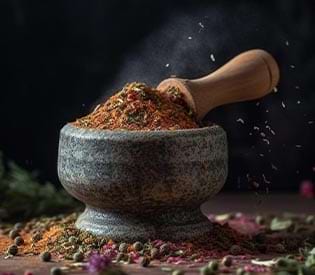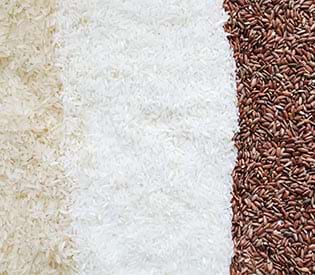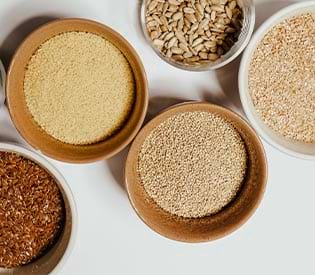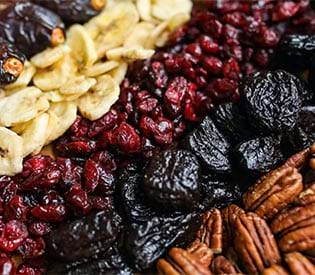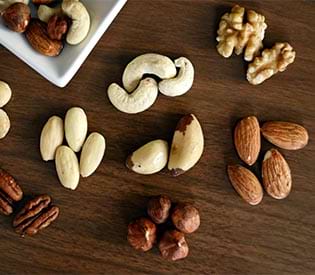Queen of the Meadow
📦🚚 Fast & Free shipping on all orders
What is the Queen of the Meadow?
Often referred to as meadowsweet or queen-of-the-meadow, this huge, upright perennial forms clumps and usually reaches 3–4 feet (less commonly, up to 6 feet) tall. In early to mid-summer, it produces fragrant, creamy white panicles (4-6 inches) of branching, terminal astilbe-like blooms. Native to Europe, the queen of the meadow is highly valued as a pollinator in certain regions.
Surprisingly, people have long utilized the plant to produce a variety of colors. The plant produces yellow dye from its top, blue dye from its leaves, and black dye from its roots.
How do I use Queen of the Meadow?
Take 6–12 drops under the tongue, in juice or water, or as needed. You can take it up to three times a day. Give it a thorough shake. Keep it in a cool, dark location.
Queen of the Meadow benefits:
It's difficult to top meadowsweet herb as a digestive aid. It lowers acidity while calming and protecting the stomach lining and digestive system mucous membranes. According to studies, meadowsweet may also stop lesions from forming in the stomach and help chronic ulcers heal.
◉ Helps Ease Joint Pain: Products containing meadowsweet herb are advised for those with gout, arthritis, and degenerative joint diseases due to their anti-inflammatory properties. As a matter of fact, this plant has a trace quantity of salicylic acid, the same anti-inflammatory active ingredient found in aspirin. Native Americans in North America are known to have used a combination of yarrow and meadowsweet to alleviate severe ailments.
Some studies suggest that flavonoids and other antioxidants in Filipendula ulmaria might support a healthy immune system and protect against damage caused by free radicals. Meadowsweet possesses natural cooling properties, boosts circulation, and appears to alleviate inflammatory blood indicators associated with pain. Stopping the buildup of uric acid in the blood, which can form crystals around sensitive joints, and xanthine oxidase, an enzyme that makes more uric acid, are two other ways to reduce pain and swelling.
◉ May Help Fight Respiratory Infections: Traditionally, meadowsweet herb has been used as a tea, which may help guard against viruses and infections that cause respiratory issues, including bronchitis and colds. More studies are needed to demonstrate its effectiveness, however.
According to the research that is now available, it may promote respiratory health by reducing phlegm formation, preventing nasal canal irritation, and having antibacterial properties.
◉ Soothes Upset Stomach: Some find that ingesting meadowsweet tea or extract helps lessen symptoms associated with peptic ulcers, such as nausea, indigestion, diarrhea, bloating in the stomach, and an upset stomach. There are theories that it contains antibacterial properties that might promote gut health and that it soothes the lining of the stomach and gastrointestinal system.
For the majority of digestive advantages, some herbalists advise combining meadowsweet with other herbal medicines, such as marshmallow root and chamomile, for long-term gastrointestinal tract irritation.
◉ May Help Fight Skin Inflammation: Meadowsweet extract is occasionally used topically as a therapy for skin irritation in addition to being taken orally. Few studies have really looked into its application, although it appears to be helpful in reducing skin issues, including redness and acne outbreaks.
Salicylic acid and tannins, which are known to have naturally occurring astringent (cleaning) qualities that may help prevent pores from becoming blocked and infected, are believed to be the main contributors to its skin-protective benefits. Meadowsweet's antioxidants may also protect skin from aging symptoms.
Where can I buy Queen of the Meadow?
Buy Queen of the Meadow from the health food store in the USA, Alive Herbals.
Queen of the Meadow information (at a glance):
| Product Name | Queen of the Meadow |
| Scientific Name | Filipendula ulmaria |
| Country of Origin | It is native to Europe and western Asia. |
| Ingredient | Queen of the Meadow. |
| Taste & Aroma | Aroma: A sweet and strong aroma. Taste: pleasant taste. |
| Shelf Life & Storage | Shelf Life is about 06 - 24 months. Store it in an airtight container in a cool, dry place and prevent sunlight exposure. |
| Precautions | We requested you, Before consuming spices, herbs, teas or any kind of natural products you consult an expert qualified healthcare practitioner or herbalist. |
| Note | This product information has not been appraised by the Food and Drug Administration (FDA). This information is solely intended for educational purposes. |


